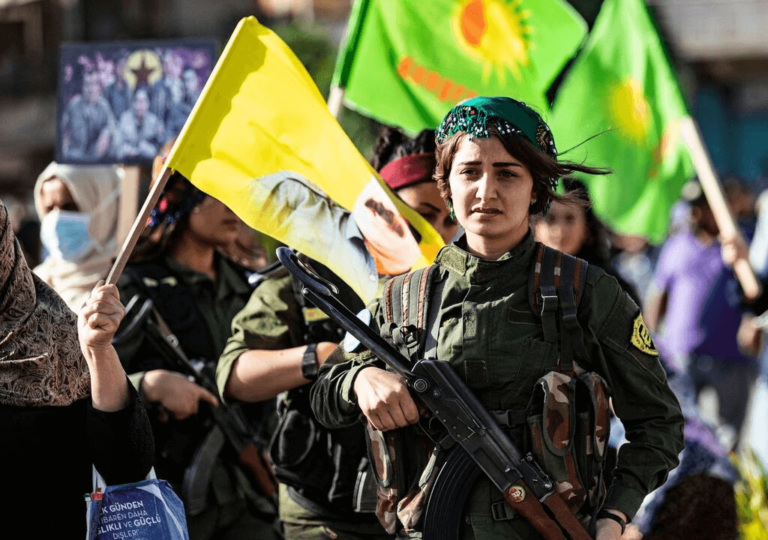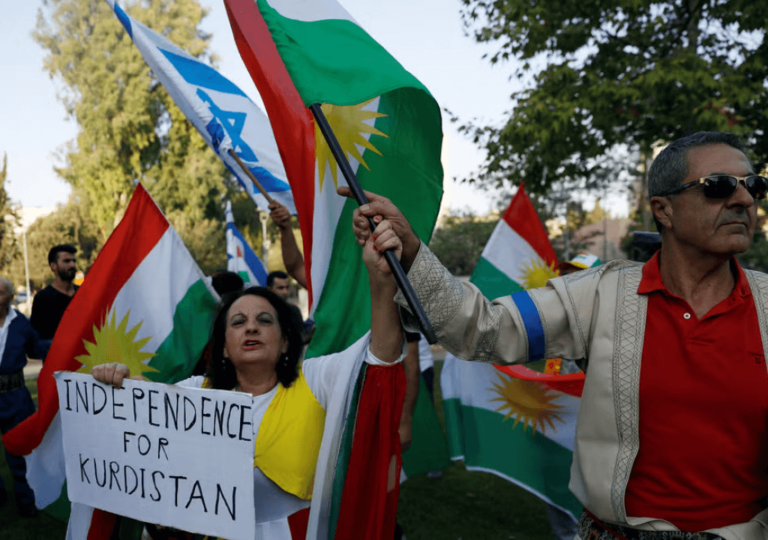PKK Lay Down Arms—What Comes Next?

The PKK has laid down its arms after decades of conflict with Turkey. What does this mean for the future of Kurdish-Turkish relations?

The PKK has laid down its arms after decades of conflict with Turkey. What does this mean for the future of Kurdish-Turkish relations?

Kurdistan, facing existential threats and longing for statehood, navigates complex geopolitics amid internal divisions and international ambiguity, testing its survival.